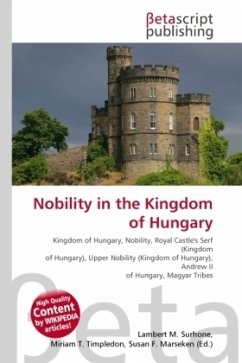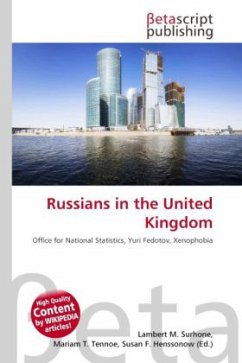High Quality Content by WIKIPEDIA articles! The origin of the nobility in the Kingdom of Hungary can be traced back to the "men distinguished by birth and dignity" (maiores natu et dignitate) mentioned in the charters of the first kings. They descended partly from the leaders of the Magyar tribes and clans and partly from the immigrant (mainly German, Italian and French) knights who settled in the kingdom in the course of the 10-12th centuries. By the 13th century, the royal servants (servientes regis), who mainly descended from the wealthier freemen (liberi), managed to ensure their liberties and their privileges were confirmed in the Golden Bull issued by King Andrew II of Hungary in 1222. Several families of the soldiers of the royal fortresses (iobagio castri) could also strengthen their liberties and they received the status of the "true nobles of the realm" (veri nobiles regni) by the end of the 13th century, although most of them lost their liberties and became subordinateto private castle-holders. Many leaders of the mainly Slavic, German and Romanian colonists who immigrated to the kingdom during the 11-15th centuries also merged into the nobility.
Bitte wählen Sie Ihr Anliegen aus.
Rechnungen
Retourenschein anfordern
Bestellstatus
Storno








